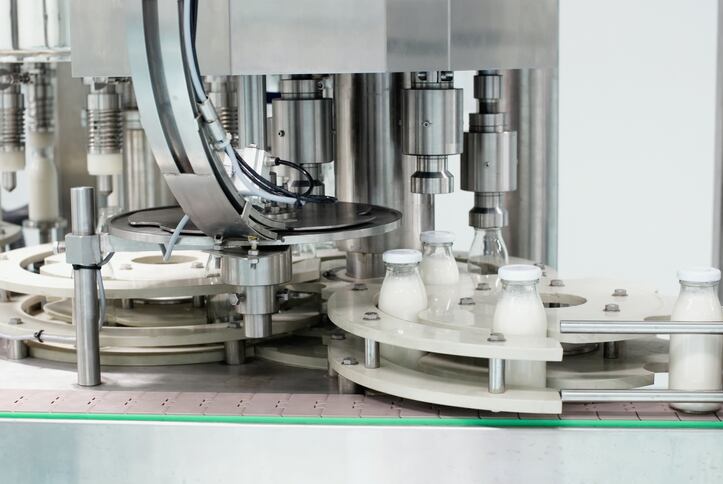The FDA says that the initial rule was first proposed on October 19, 2005, and would amend the definitions of ‘milk’ and ‘nonfat milk for cheeses and related cheese products in the agency’s standards of identity.
Then in 2017, the FDA began exercising enforcement discretion regarding the use and ingredient labeling of fluid UF milk and fluid UF nonfat milk in the manufacture of cheese, while it considered rulemaking.
And because the dairy marketplace is evolving quickly, FDA decided in 2019 that it was an appropriate time to give those interested another opportunity to comment on the issues. The current comment period was to close on March 30, but now has an extension of 120 days.
The FDA’s guidance document from 2017 says, “Recently, we have become aware of issues regarding domestically produced UF milk in the international marketplace. In brief, due to recent developments in some export markets, the United States dairy industry is experiencing an oversupply and pricing challenges with domestically produced UF milk.
“Additionally, we have received requests to exercise enforcement discretion while the rulemaking is pending, in part to mitigate the impact on US companies producing UF milk.”
The agency defines ultrafiltered milk as raw or pasteurized milk that’s been filtered to concentrate the milk proteins. In the process, some of the lactose, minerals and water-soluble vitamins are lost, along with water. This makes the resulting protein concentrate easier and more cost effective to ship.
One recent public comment on the topic says, “I think it is important to note that research has shown that ultra-filtered milk does not differ from normal milk in any essential way. While there might be some fears about this term ‘ultra-filtered’ it is not something that is scary or foreign.”
“I think that if this rule was to be made final, that it is important that labels include not only the term 'ultra-filtered' but also a small explanation as to what exactly ‘ultra-filtered’ means. It is important that the American people understand what exactly is in their food, and I think that more people would be willing to accept the presence of ‘ultra-filtered’ milk in their food if they have even a slight understanding of what that term means.”

